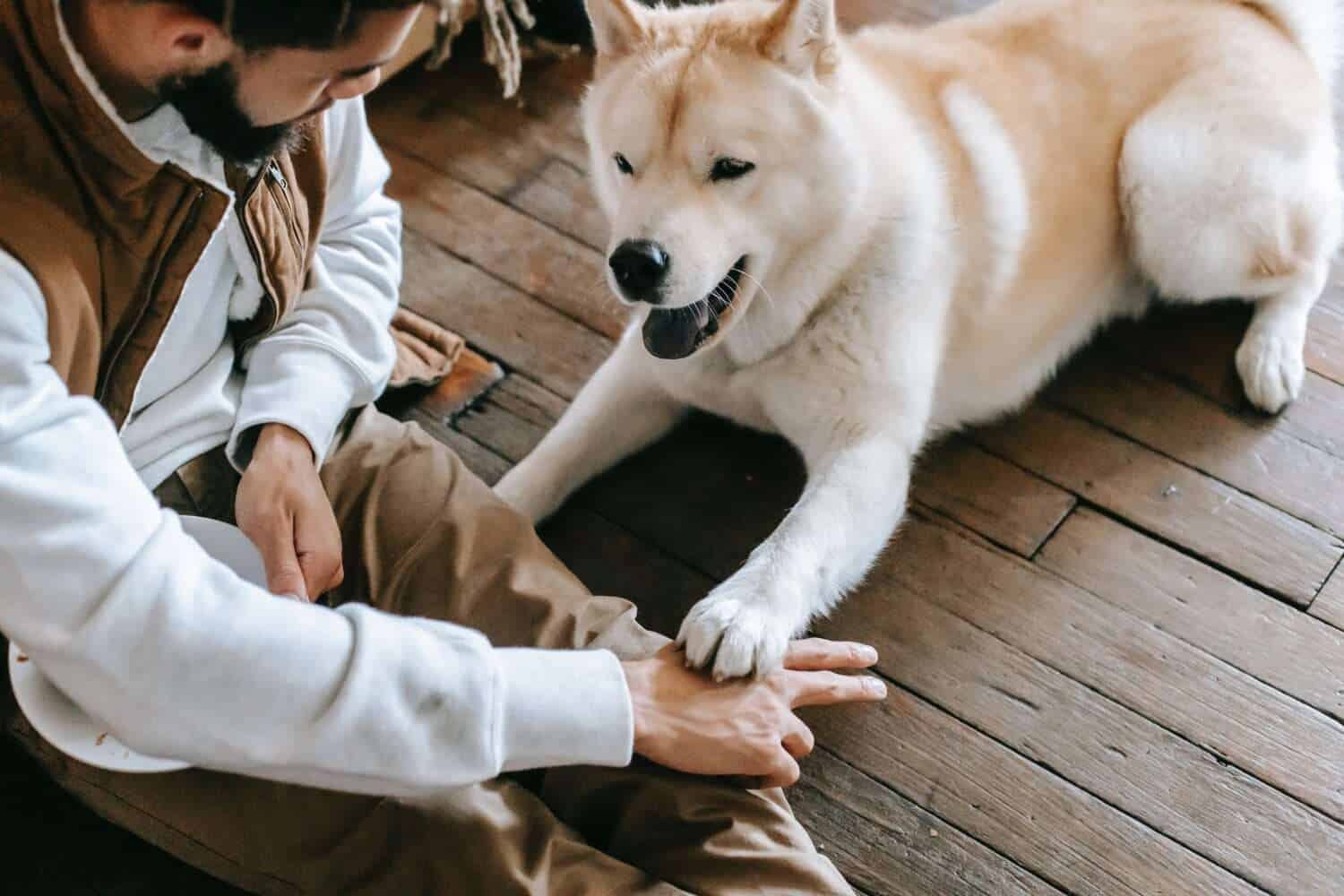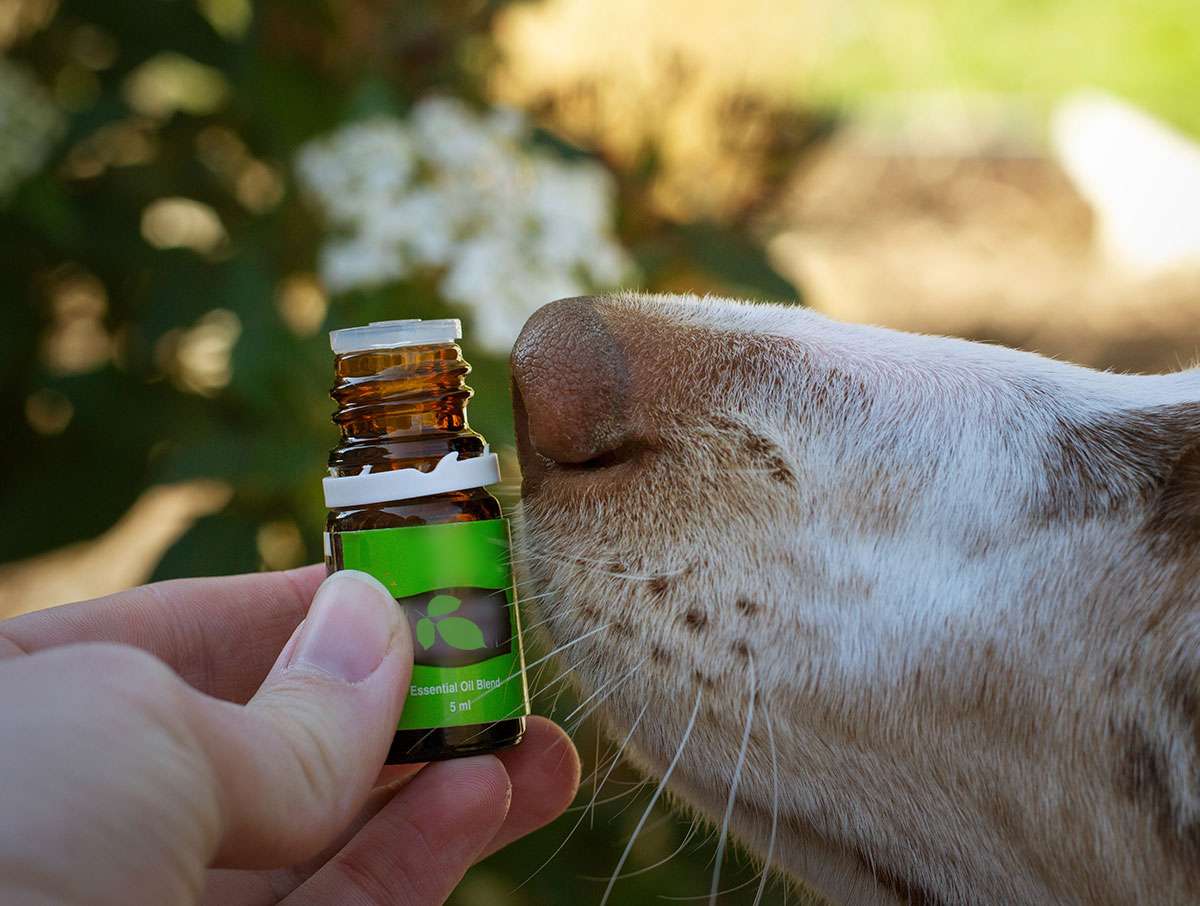Hey there, fellow pet parent! If you’re here, it’s likely you’ve been facing some challenges with your dog’s behavior, and trust me, you’re not alone. We all have our struggles, and sometimes, the solution lies in getting a little professional help. No, I don’t mean a pet psychic, but rather a dog behavior consultant.
If your pooch is barking up a storm at every stranger, getting too aggressive, or just causing some chaos around the house, it might be time to call in the cavalry. But how do you pick the right dog behavior consultant from a sea of professionals? Let’s dive into this together.
Credentials, Experience, and Methodology Matter
Just like you wouldn’t entrust your health to someone without the right medical credentials, your pet’s wellbeing needs to be in competent hands. Look for certifications like Certified Applied Animal Behaviorist (CAAB), Veterinary Behaviorist (DACVB), or Certified Professional Dog Trainer (CPDT).
Also, remember that experience matters. Someone who’s been around the pet behavior block a few times is likely to understand your pet’s needs better.
Another crucial factor is their methodology. Make sure they’re all about evidence-based, positive reinforcement methods, steering clear of aversive techniques. Look for professionals who align with the American Veterinary Society of Animal Behavior’s (AVSAB) guidelines that promote reward-based training.
Why Consult a Pro?
“But my Rover’s just being a dog, right?” Not necessarily. If your furry friend is overly aggressive, excessively barking, house-soiling, or showing other concerning behaviors, it could be more than just ‘being a dog.’ Sometimes, these actions can be signs of an underlying medical condition, or they may stem from anxiety or past trauma.
If you’ve tried standard training methods, and they’re not working, or if your pet’s behavior is causing distress to them or others, it’s definitely time to consider a professional consultation.
What to Expect in a Consultation
Going in for a consultation isn’t a mysterious process, and it’s certainly nothing to be nervous about. The first meeting usually involves a deep dive into your pet’s history, behavior, routines, and the changes you’re hoping to see.
Don’t be surprised if the consultant wants to observe your pet’s behavior in different situations. That’s all part of understanding what’s going on. After they’ve gathered all necessary information, they’ll propose a behavior modification plan and explain it to you in detail.
Make sure to include all family members who interact with your pet in the process. Everyone’s got to be on the same page for this to work!
The Importance of You
Yes, you are a critical part of this equation! As a pet parent, your involvement in the behavior modification process is key. We’re not looking for a ‘send the dog away for training’ kind of solution here. We’re aiming for sustainable changes in your pet’s behavior, and that requires consistency and daily application in your pet’s familiar environment.
Also, if there’s an issue stemming from the pet-human interaction within the family, that can only be addressed if you’re part of the process. So, put on your pet parent cape because you’re part of the team!
Components of a Behavior Treatment Plan
A good behavior treatment plan isn’t a one-size-fits-all deal. It usually involves techniques like positive reinforcement, desensitization, and counter-conditioning, all tailored to your pet’s needs.
Environmental changes may be part of the mix, too. For example, if your dog gets stressed out when they see other dogs from the window, the consultant may recommend changing the layout of the room or limiting access to certain views.
And remember, just like humans, pets can sometimes benefit from a little pharmaceutical help. For some cases, the Behavior Consultant might suggest medication as part of the treatment plan to help your pet manage their anxiety or other issues. However, this is generally used alongside behavior modification, not as a stand-alone solution.
Regular follow-ups are also crucial to assess progress and make necessary tweaks. So, don’t expect overnight changes, it’s a process that requires patience.
What to Watch for When Choosing a Consultant
Your pet can’t tell you who they want to work with, but they sure can show you. Pay attention to your pet’s response to the consultant. If they’re comfortable and at ease, that’s a good sign.
Other ‘Go’ signs include impressive credentials, extensive experience, positive reinforcement methods, strong references, and an overall good rapport with you and your pet.
On the flip side, you’ve got to be aware of the ‘Stop’ signs. Be wary of consultants who lack transparency about their credentials, use punishment-based techniques, promise instant results, or seem reluctant to collaborate with your veterinarian.
Finding the Right Behavior Consultant
Start with recommendations from your trusted veterinarian or other pet parents you know. You can also check out directories of certified professionals on platforms like the International Association of Animal Behavior Consultants (IAABC) and Certification Council for Professional Dog Trainers (CCPDT).
Alright, that’s quite a bit to chew on, but remember, this is about giving your pet the best possible life and helping them become the best version of themselves. So, take your time, do your research, and find the right Behavior Consultant for your furry friend. Good luck, and give your pet a cuddle from me!




Leave a Reply